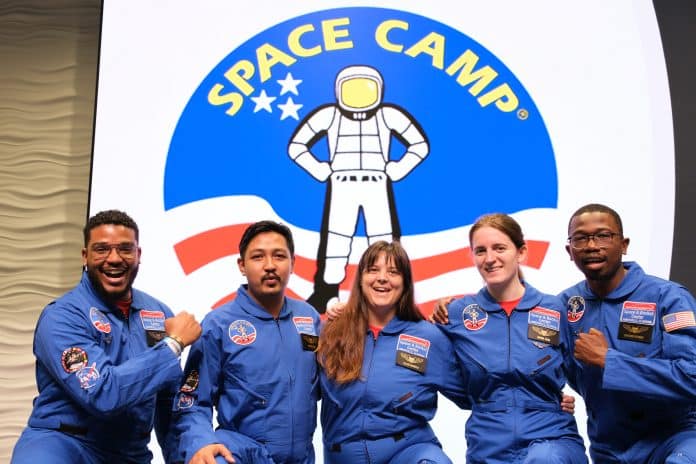The United Nations Office for Outer Space Affairs (UNOOSA) and the Space Generation Advisory Council (SGAC) are launching the fifth edition of the Space4Youth Essay Competition, targeting students and young professionals with the aim to highlight governance practices and experiences on the sustainable use of outer space to address the needs of the present in a manner that protects the interests of future generations. UNOOSA is the only United Nations Office entirely dedicated to outer space activities and works to strengthen international cooperation in space activities and in the use of space science and technology for achieving sustainable development. The Space Generation Advisory Council in support of the United Nations Programme on Space applications is a global non-governmental, non-profit organization and network representing university students and young space professionals to the United Nations, space agencies, industry, and academia.
Context
As mentioned in the “Space2030” Agenda (RES 76/3), space science and technology are now intrinsic to our daily lives and bring an abundance of unique and fundamental benefits to Earth. Space exploration propels technological progress, frequently yielding practical applications on Earth and fostering innovations across diverse domains, including communications, medical imaging, and materials science. Satellite data and images enable scientists to monitor weather patterns, variations in temperature and coastal changes, providing valuable insights that inform energy and climate policy decisions and contributing to more effective disaster risk management and emergency response. Communication networks increasingly depend on access to spacebased assets, and, alongside global navigation satellite systems, they play a crucial role as enablers of global and economic development. These benefits showcase the multifaceted impact of outer space activities on human society, spanning scientific, technological, economic, and societal domains.
However, with the recent surge in space activities, a vast set of challenges have emerged.
Published in May 2023 by the United Nations Secretary-General, the Policy Brief “For All
Humanity – the Future of Outer Space Governance” identifies three key indicators that highlight this unprecedented shift: the exponential increase of objects launched into orbit; the swift escalation in private sector participation; and the pledges made by both public and private entities to venture into deep space. In addition to that, the global space community acknowledges that the long-term sustainability of space activities is influenced not only by this growing number of space activities but also by factors such as the escalating space debris, the rising complexity of space operations, the emergence of large constellations, and the heightened risks of collision and interference with the operation of space objects.
Such challenges demand careful consideration to ensure the sustainable use and preservation of outer space. Earth’s orbits and celestial bodies are finite resources, and responsible stewardship is essential to prevent irreversible damage and depletion. Striking a balance between innovation and conservation is key to unlocking the full potential of outer space while safeguarding the celestial realms for future generations.
The Summit of the Future is a high-level event hosted by the United Nations General Assembly which will take place in New York on 22-23 September 2024. The result of the summit will be the Pact for the Future, a document that will include specific recommendations to address present and future challenges, including the sustainability of outer space. The document will focus on actionable measures and will be negotiated by world leaders.
Topic of the Competition
Through the creativity and energy of the youth and sustainable practices, we can navigate the challenges and embrace the vast opportunities that the cosmos offers. In this context, the Space4Youth Essay Competition will have the following theme:
Governance of outer space activities: securing space sustainability for future generations
The essay competition has a precise ask for applicants:
“Governance of outer space activities: what idea do you have that would unite world leaders to agree on a common approach to make space sustainable for future generations?”.
Applicants are asked to submit an abstract to present their own idea.
If selected, the applicant will submit an essay. The proposed idea should be presented
thoroughly, assessing strengths, weaknesses and feasibility.




